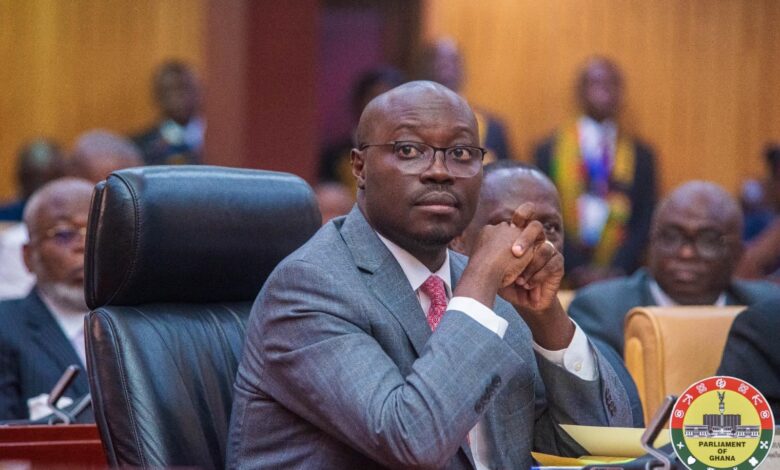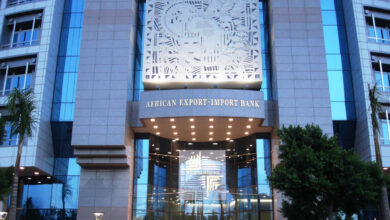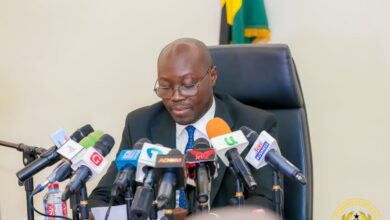Ato Forson pledges to enhance tax compliance without new taxes

The Minister of Finance Designate has laid out an ambitious plan to revamp Ghana’s tax revenue mobilization strategies during his vetting in Parliament, highlighting opportunities to enhance compliance without burdening citizens with additional taxes.
Addressing the vetting committee, the nominee stressed that Ghana’s tax revenue currently stands at approximately 13.8% of GDP, a figure he described as inadequate given the country’s economic potential. He expressed confidence in raising this figure to between 16% and 18% in the medium term, aligning Ghana with its regional peers.
Focus on Compliance and Efficiency
According to the nominee, Ghana does not need to increase taxes to boost revenue. Instead, the focus should be on improving tax compliance and ensuring efficient collection systems. “We have the handles. What we need to do is to improve compliance,” he said. He pledged to work closely with the Ghana Revenue Authority (GRA) and the Tax Policy Unit of the Ministry of Finance to achieve this goal.
Tax Policy Adjustments
The Finance Minister Designate reiterated the government’s intention to scrap certain taxes deemed “nuisance taxes,” which he argued do not significantly contribute to the economy. He cited the example of the burden tax, which generates less than GHS 50 million annually. “Scrapping GHS 50 million will not mean anything in a way that will affect the economy if you adjust, particularly from the expenditure side,” he explained, adding that the removal of such taxes would also alleviate unnecessary pressure on businesses and individuals.
Balancing Revenue and Expenditure
While acknowledging the importance of generating revenue, the nominee stressed the need to balance this with prudent expenditure management. He assured Parliament that the planned tax adjustments would not hinder the government’s ability to meet its economic targets.
Vision for Economic Growth
The Finance Minister Designate’s plan reflects a broader vision of fostering a tax system that supports economic growth without stifling business activity. He highlighted Ghana’s vast untapped potential in tax revenue mobilization, which, if fully harnessed, could significantly boost the country’s fiscal health.
The nominee’s proposals have sparked optimism among stakeholders, with many awaiting his confirmation to see how these policies will be implemented to address Ghana’s economic challenges.




